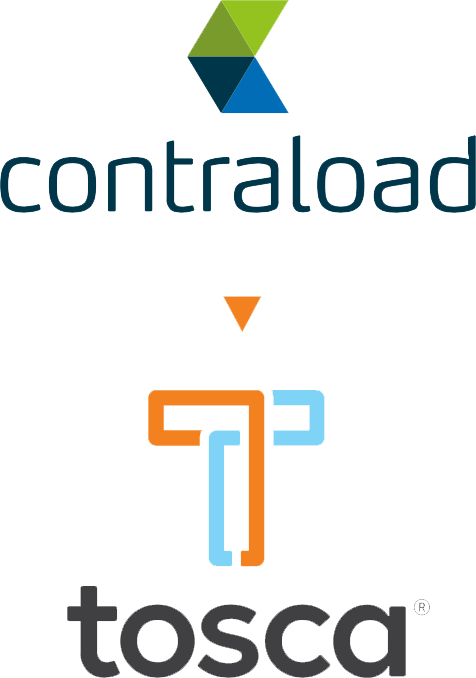Ensuring food safety in the supply chain
In today’s complex perishable supply chain, food safety means and covers more than just the food in the final package; it covers the ingredients, the final product, the packaging of the product, and even how the product is transported. As the food supply chain becomes more complex, the transparency of the programs in place to keep food safe become increasingly more important.
Food safety certification history
In 2000, the growing complexities of the perishable supply chain were felt at a global level so an international group of food industry professionals, retailers, and manufacturers came together to form the Global Food Safety Initiative (GFSI).
GFSI’s main goal is to benchmark certification standards at an international level to simplify the complex regulatory landscape of the food industry. One certification accepted everywhere reduces the need for multiple types of audits, helps ensure confidence in the safety of food or food packaging being delivered to consumers, and helps drive efficiency and transparency.
GFSI offers a host of different certification levels. While each standard level has different requirements, and some are unique to a specific facet of the food industry, each certification is based on the common principle of impartially ensuring the safety of food products through scientific approach.
Tosca RPCs: food safe containers you can trust
Ensuring food safety is of utmost importance to Tosca. As a dedicated partner in the complex food supply chain, Tosca chooses to pursue the FSSC 22000 standard, one of the most intensive and proactive certifications globally.
Certification is a rigorous process that, for Tosca, starts with SGS S.A., an international certifying company with expertise in food safety audits. SGS S.A. conducts external audits of all 14 of our service centers across the United States where they regularly see our compliance and the safety of our products.
For FSSC 22000 the audit process is a 3-year cycle with the initial Stage 1 and Stage 2 audits occurring in year 1. Once these audits are completed, the audit reports are reviewed by a technical group and certification is issued or not issued for some companies.
To maintain certification and ongoing compliance a surveillance audit is conducted in year 2 and year 3. Companies certified to FSSC must also have a stringent set of checks and balances in place to make sure that the food safety management system is operating effectively. These checks include things like an annual internal audit program, an annual management review, an annual test of the emergency response program and recall program, as well as a set of verification activities.
Pursuing certification can be a daunting task for any company, but the benefits that can be realized once a certified Food Safety Management System is in place are numerous. In making the decision to be compliant with FSSC 22000, Tosca has chosen an internationally recognized standard that is known for its comprehensiveness in covering all aspects of a Food Safety Management System.
In our process of certification, we’ve been able to position our business as a partner of choice for retailers and food suppliers. We can easily adapt to changes in our process, industry regulations, and customer requirements while meeting the need of expanding customer demand.


